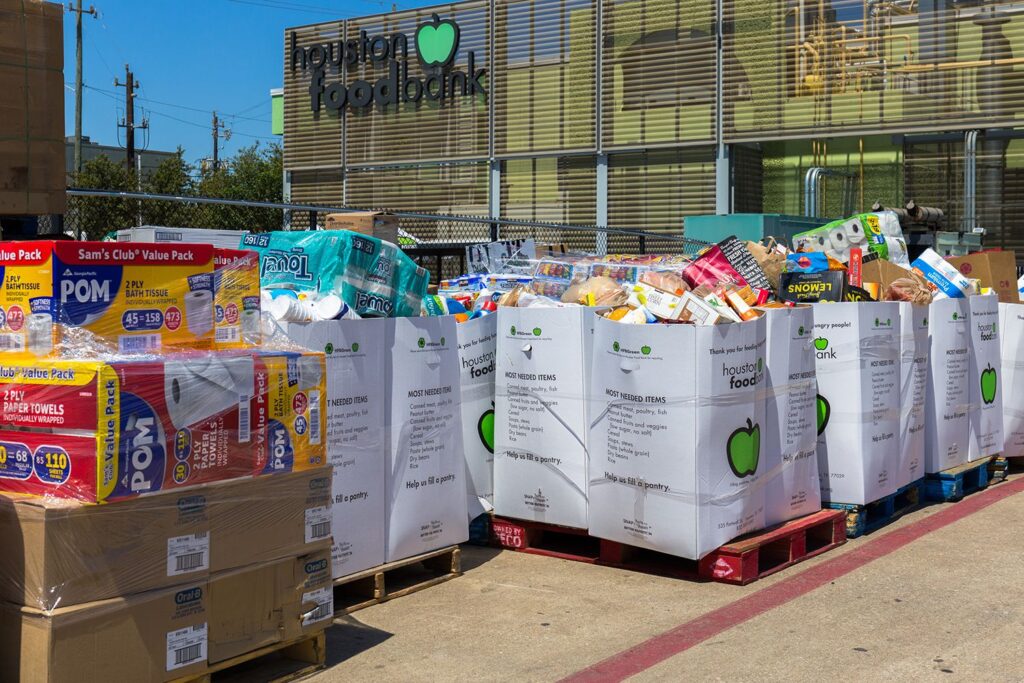Debate Continues as Senate Parliamentarian Clears Revised SNAP Provisions
 The Senate Parliamentarian officially approved the revisions proposed by the U.S. Senate Committee on Agriculture, Nutrition and Forestry the evening of June 26. Chairman of the Senate Ag Committee John Boozman said this paves the way for reforms that will improve efficiency while encouraging responsible use of taxpayer dollars.
The Senate Parliamentarian officially approved the revisions proposed by the U.S. Senate Committee on Agriculture, Nutrition and Forestry the evening of June 26. Chairman of the Senate Ag Committee John Boozman said this paves the way for reforms that will improve efficiency while encouraging responsible use of taxpayer dollars.
Leaders at regional food banks and pantries interviewed by DTN expressed concern about being unable to meet the increased food needs. The House version of the reconciliation bill would cut SNAP by $287 billion over 10 years, while the Senate package would cut an estimated $211 billion over the same period.
In addition, the Senate package would block the USDA from increasing the benefits without a vote of Congress. Work requirements would be tightened for able-bodied adults. The working age limit would be raised from 55 to 64. Parents with children over 14 would be required to work.
States would be required to increase their share of administration costs for SNAP from 50% to 75% of the bill. This would be a $27 billion shift over 10 years.
Ranking member of the Senate Ag Committee Amy Klobuchar estimated that 4 million could lose SNAP benefits. This includes 1.4 million who live in areas where it is difficult to find employment.
Pressure to replace SNAP would fall on food banks that operate in parallel to SNAP. These food banks are dealing with their own cuts in federal aid while witnessing a greater demand for their services. Havesters – The Community Food Network provides approximately 55 million meals annually in its Kansas-Missouri territory, according to CEO Stephen Davis. For every meal the group provides, SNAP provides nine meals.
